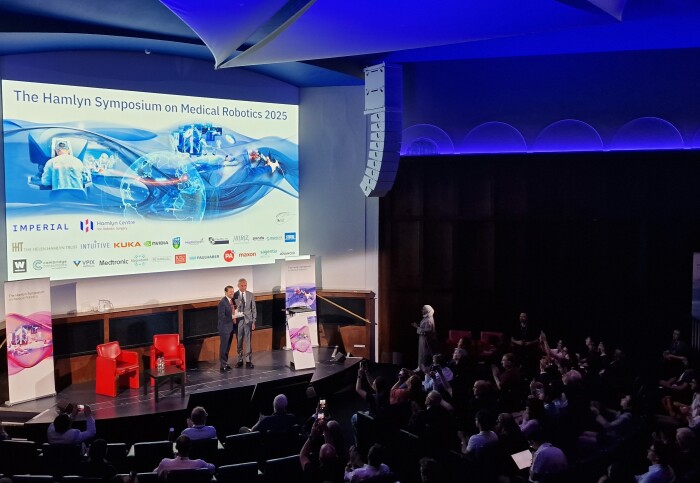Microneedle biosensors are small, non-invasive patches worn on the skin that can be used to monitor the changing concentration of antibiotics such as penicillin. This technology could change how patients with serious infections are treated by showing how quickly their bodies ‘use up’ medications they are given.
Microneedle biosensors use a series of microscopic ‘teeth’ to penetrate the skin and detect changes in the fluid between cells. These teeth act as electrodes to detect changes in pH and can be coated with enzymes which react with a drug of choice, altering the local pH of surrounding tissue if the drug is present.
In the future, the sensors could form the basis of a closed-loop system like an insulin pump, where antibiotics are administered to patients and levels are continuously monitored to ensure they receive the correct dose.
This system could help cut costs for the NHS, reduce drug-resistant infections, improve treatment for patients with life-threatening infections and improve the management of less serious ones. These biosensors could also reduce the need for blood sampling and analysis and offer more efficient ways to deliver outside the hospital.
Imperial diagnostic research working on this are:
